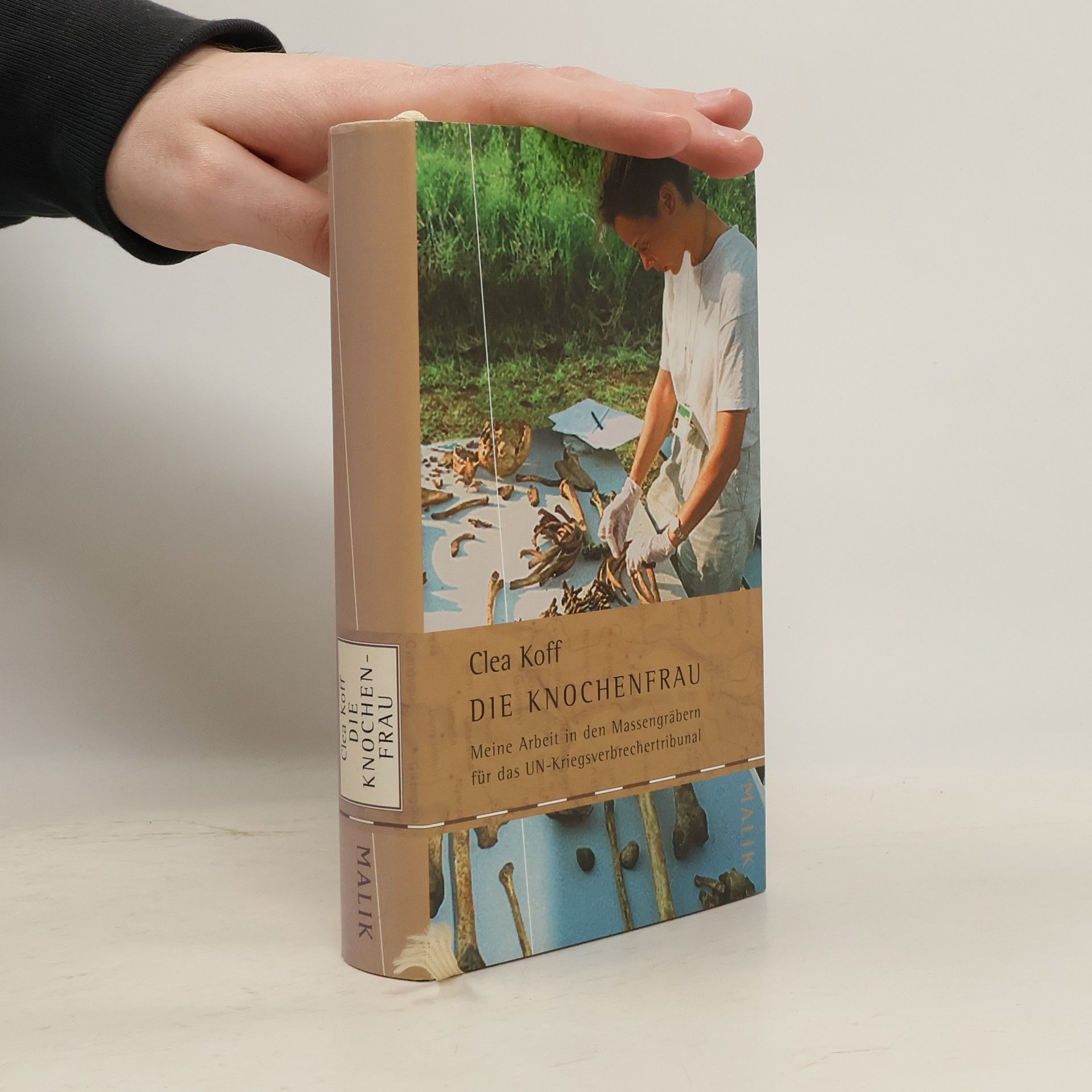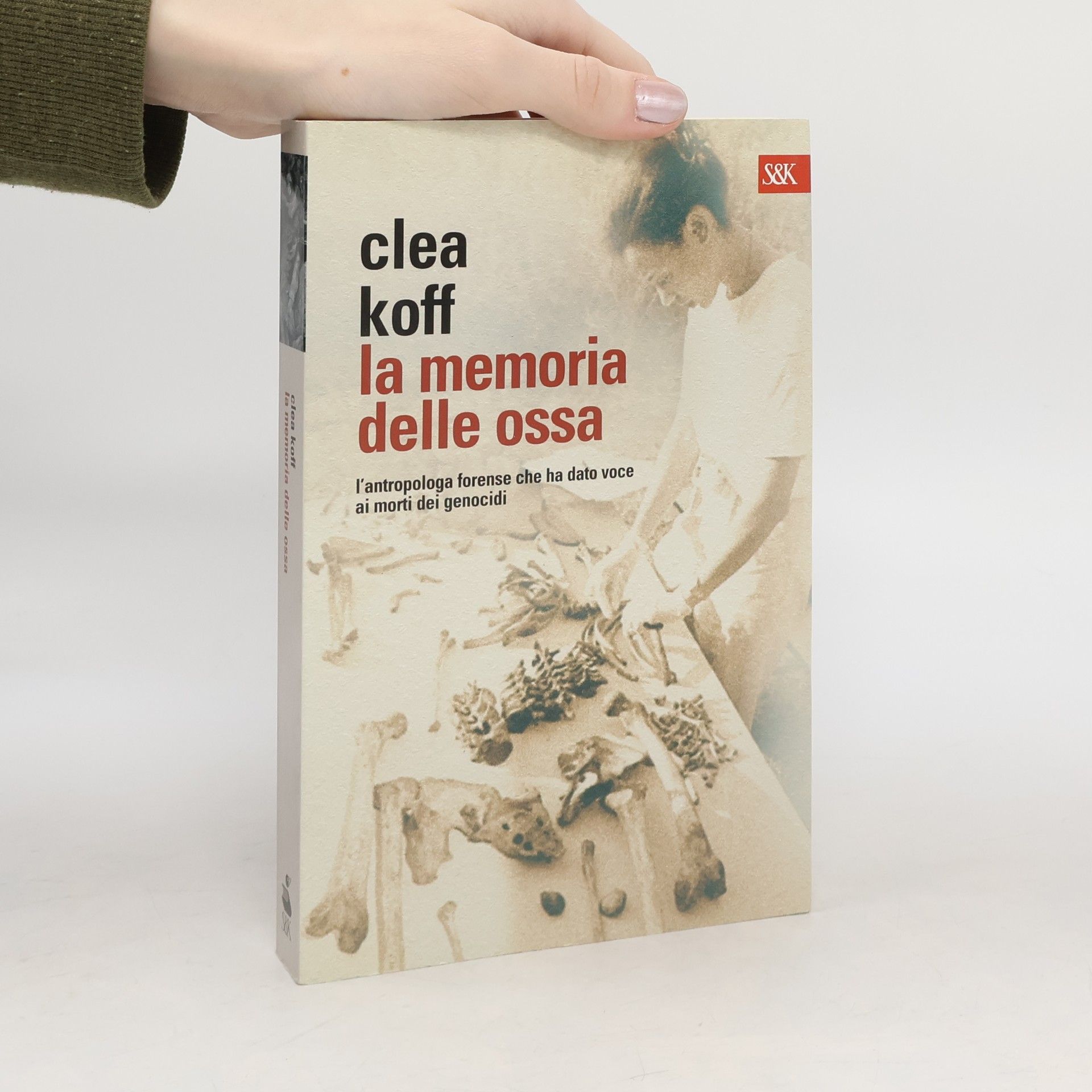Deadly Evidence
- 384pages
- 14 heures de lecture
The chilling sequel delves deeper into the haunting mysteries introduced in its predecessor, Silent Evidence. Readers will encounter complex characters grappling with dark secrets and unresolved tensions. As the plot thickens, the atmosphere becomes increasingly suspenseful, drawing the audience into a web of intrigue and unexpected twists. This installment promises to elevate the stakes, ensuring that fans of psychological thrillers are captivated until the final page.


